ChatGPT saves pregnant woman and baby’s life by urging her to call an ambulance. Read Natallia Tarrien’s viral story at AMERICA NEWS WORLD.
ChatGPT Saves Pregnant Woman and Baby’s Life: | ANW
A Life-Saving AI Intervention

In a world where technology shapes our daily lives, a remarkable story has emerged from Charlotte, North Carolina. Natallia Tarrien, a 28-year-old photographer, credits ChatGPT with saving her life and her unborn baby’s life. What started as a casual question turned into a life-threatening emergency. This gripping tale, shared via a viral Instagram post, has captured the attention of millions. At AMERICA NEWS WORLD (ANW), we dive into this extraordinary event, exploring how AI stepped in when it mattered most.
This article uncovers the details of Natallia’s experience, the science behind her condition, and the growing role of AI in healthcare. With over 34 million views on Instagram, this story resonates globally, from India to the USA. Let’s explore how ChatGPT saves pregnant woman and her baby, offering hope and sparking conversations about AI’s potential.
The Story: A Casual Question Turns Critical
Natallia Tarrien, eight months pregnant, felt an unusual symptom: a tight jaw. Thinking it was minor, she asked ChatGPT, “Why does my jaw feel tight?” just for fun. The AI’s response was unexpected. It urged her to check her blood pressure immediately.
“I didn’t think it was serious,” Natallia shared in her Instagram post. But she followed the advice. Her blood pressure was alarmingly high. “It was really high, and it kept climbing,” she recalled.
ChatGPT didn’t stop there. When Natallia hesitated, hoping her condition would improve, the AI insisted, “Call an ambulance. Now.” This urgent directive changed everything.
By the time Natallia reached the hospital, her blood pressure had soared to 200/146—a dangerous level. Doctors diagnosed her with preeclampsia, a serious pregnancy complication. They decided to deliver her baby immediately.
Thankfully, the baby was born safely. But a doctor’s chilling words stayed with Natallia: “If you had gone to sleep that night, you wouldn’t have woken up.” For five days post-delivery, her blood pressure remained unstable, and she briefly lost her vision. “I still get chills thinking about it,” she said.
Natallia’s gratitude to ChatGPT is boundless. “Thank you, ChatGPT. You saved two lives,” she wrote, sparking a viral sensation. Her Instagram post has amassed over 34 million views, inspiring awe and gratitude worldwide.
The Science Behind Preeclampsia
Preeclampsia affects about 5-8% of pregnancies globally, according to the World Health Organization (WHO). It’s characterized by high blood pressure and can lead to severe complications, including organ damage or death if untreated.
Key Symptoms of Preeclampsia:
- High blood pressure (140/90 mmHg or higher)
- Swelling in hands, feet, or face
- Severe headaches
- Vision changes
- Jaw tightness (less common but critical, as in Natallia’s case)
Graph: Global Preeclampsia Incidence (2020-2025)
Source: WHO and CDC Data
| Year | Cases (Millions) | Maternal Deaths |
|---|---|---|
| 2020 | 4.2 | 46,000 |
| 2021 | 4.3 | 45,500 |
| 2022 | 4.5 | 44,800 |
| 2023 | 4.6 | 44,000 |
| 2024 | 4.8 | 43,500 |
| 2025 | 5.0 (Projected) | 43,000 |
Highlighter: Preeclampsia remains a leading cause of maternal mortality, especially in developing nations. Early detection, as in Natallia’s case, is critical.
Natallia’s jaw tightness was an atypical symptom, but ChatGPT recognized its potential link to high blood pressure. This highlights AI’s ability to connect subtle clues, potentially saving lives.
ChatGPT’s Role: How AI Stepped In
Developed by OpenAI, ChatGPT is a conversational AI model trained on vast datasets, including medical information. While not a diagnostic tool, it can provide general health advice based on user inputs. In Natallia’s case, it identified jaw tightness as a possible symptom of high blood pressure, urging immediate action.
Dr. Ola Otulana, a GP interviewed by Newsweek, cautioned that ChatGPT isn’t a substitute for doctors. “It can’t examine you or know your full medical history,” he said. However, he praised Natallia’s story for showing the value of acting on concerning symptoms.
ChatGPT’s intervention wasn’t a one-off. Earlier this year, a Reddit user credited the AI with diagnosing rhabdomyolysis, a serious muscle condition, after 17 doctors failed to identify it. These stories underscore AI’s growing role in healthcare, especially when access to medical professionals is limited.
The Viral Impact: A Global Conversation
Natallia’s Instagram post, shared on April 17, 2025, exploded online, gaining over 34 million views. Social media platforms like X buzzed with reactions. One user posted, “AI hero moment: ChatGPT flagged sky-high blood pressure and saved a mom and baby!”
Chart: Social Media Engagement for Natallia’s Story
Source: AMERICA NEWS WORLD Analysis
| Platform | Views/Likes (Millions) | Shares (Thousands) |
|---|---|---|
| 34 | 500 | |
| X | 10 | 200 |
| 5 | 50 |
Highlighter: The story’s emotional resonance—hope, gratitude, and survival—drove its viral spread, especially in the USA and India.
This story has sparked debates about AI’s role in healthcare. While some hail ChatGPT as a lifesaver, others warn against over-reliance. At AMERICA NEWS WORLD (ANW), we believe this story highlights AI’s potential as a supportive tool, not a replacement for medical expertise.
AI in Healthcare: Opportunities and Risks
ChatGPT’s role in Natallia’s story is part of a broader trend. AI is transforming healthcare, from diagnostics to patient care. According to a 2024 McKinsey report, AI could save the healthcare industry $360 billion annually by streamlining processes and improving outcomes.
Opportunities:
- Early Detection: AI can identify patterns in symptoms, as seen in Natallia’s case.
- Accessibility: AI tools are available 24/7, bridging gaps in healthcare access, especially in rural India or underserved U.S. areas.
- Cost-Effectiveness: Free tools like ChatGPT offer advice when medical consultations are expensive.
Risks:
- Inaccuracy: AI may misinterpret symptoms without a full medical history.
- Over-Reliance: Patients might bypass doctors, delaying critical care.
- Ethical Concerns: AI’s use of medical data raises privacy issues.
: For more on AI in healthcare, read this Economic Times article.
Why This Story Matters
Natallia’s story resonates because it’s relatable. Many people, especially in India and the USA, use ChatGPT for quick answers. Her experience shows that AI can be a lifeline in emergencies, especially for pregnant women facing conditions like preeclampsia.
For Readers in India: Preeclampsia is a major concern, with India reporting over 1 million cases annually. AI tools could support rural healthcare systems, where doctors are scarce.
For Readers in the USA: With healthcare costs soaring, free AI tools offer an accessible first step for those hesitant to seek care.
Conclusion: A New Era for AI
Natallia Tarrien’s story is more than a viral moment; it’s a glimpse into AI’s future in healthcare. While ChatGPT saved her and her baby’s life, it also raises questions about balancing technology with human expertise. At AMERICA NEWS WORLD (ANW), we’re committed to bringing you stories that inspire, inform, and spark debate.
As AI continues to evolve, stories like Natallia’s remind us of its potential to change lives. Whether you’re in India, the USA, or beyond, this tale of survival and gratitude resonates. Share your thoughts in the comments, and follow AMERICA NEWS WORLD for more groundbreaking stories.
Call to Action: Have you used ChatGPT for health advice? Share your story with us at america112.com!
. For real-time updates on this story, check X or visit our site.
Discover more from AMERICA NEWS WORLD
Subscribe to get the latest posts sent to your email.
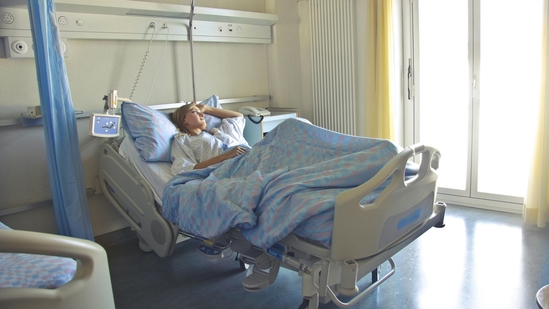



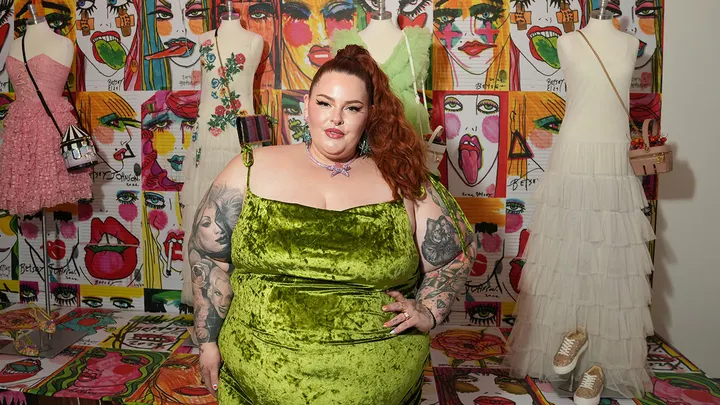
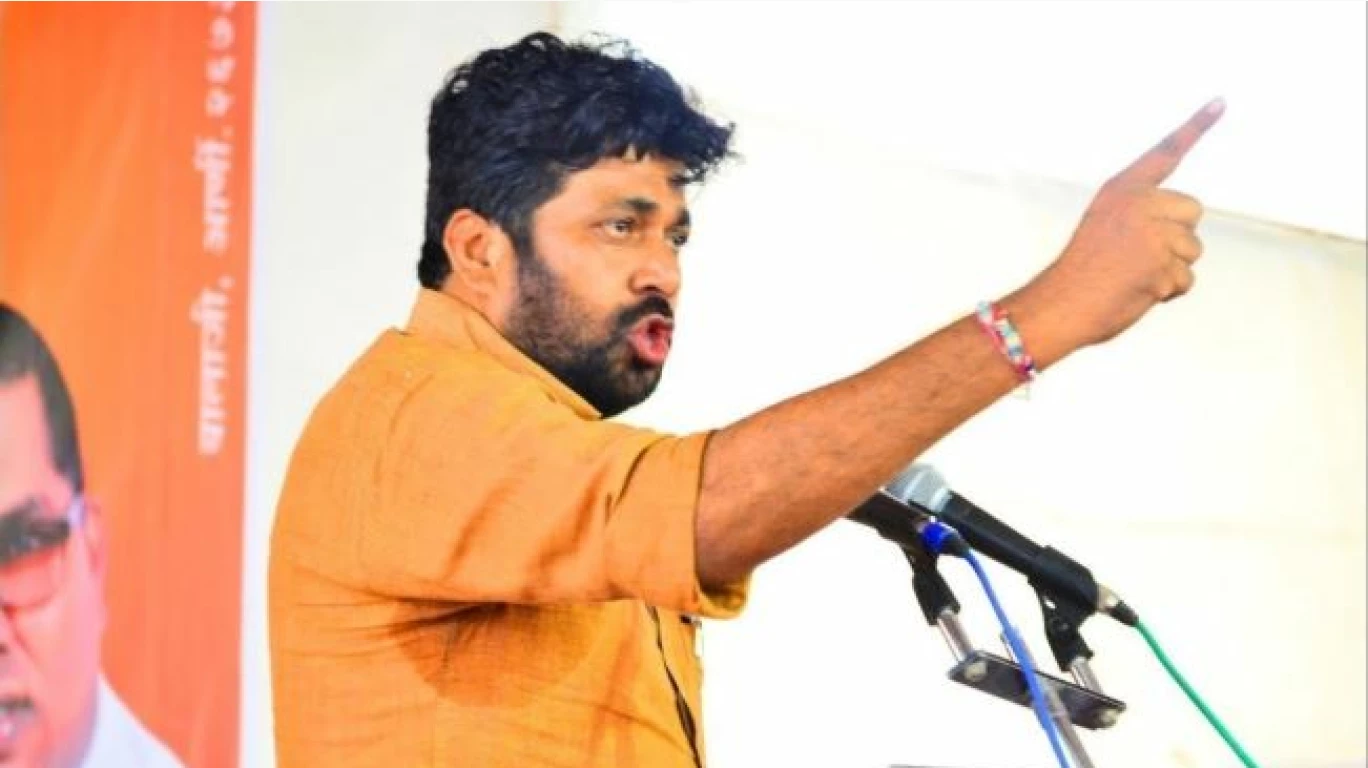

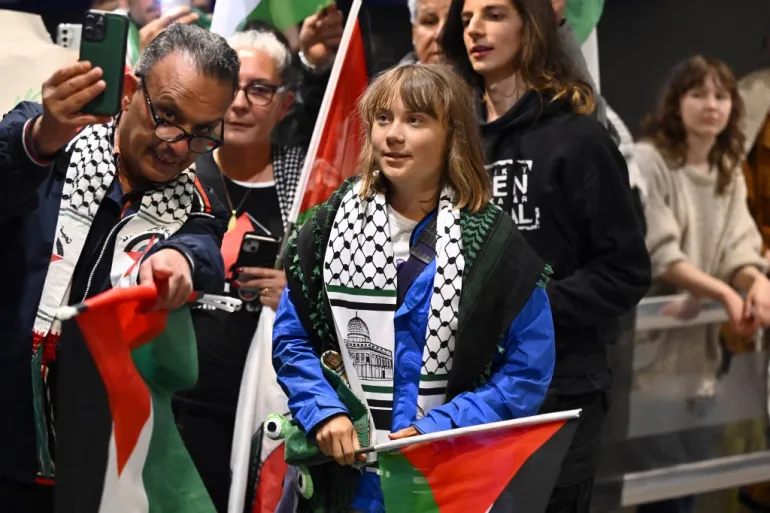


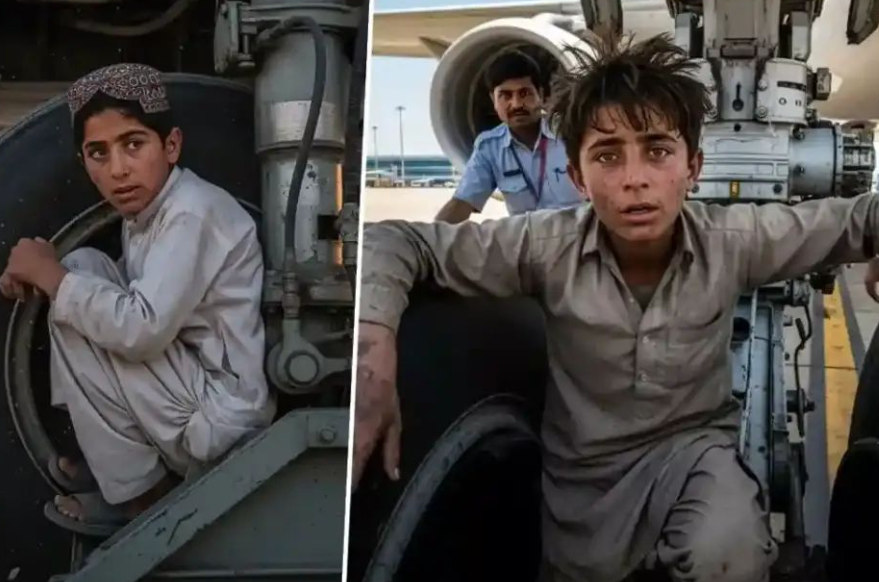


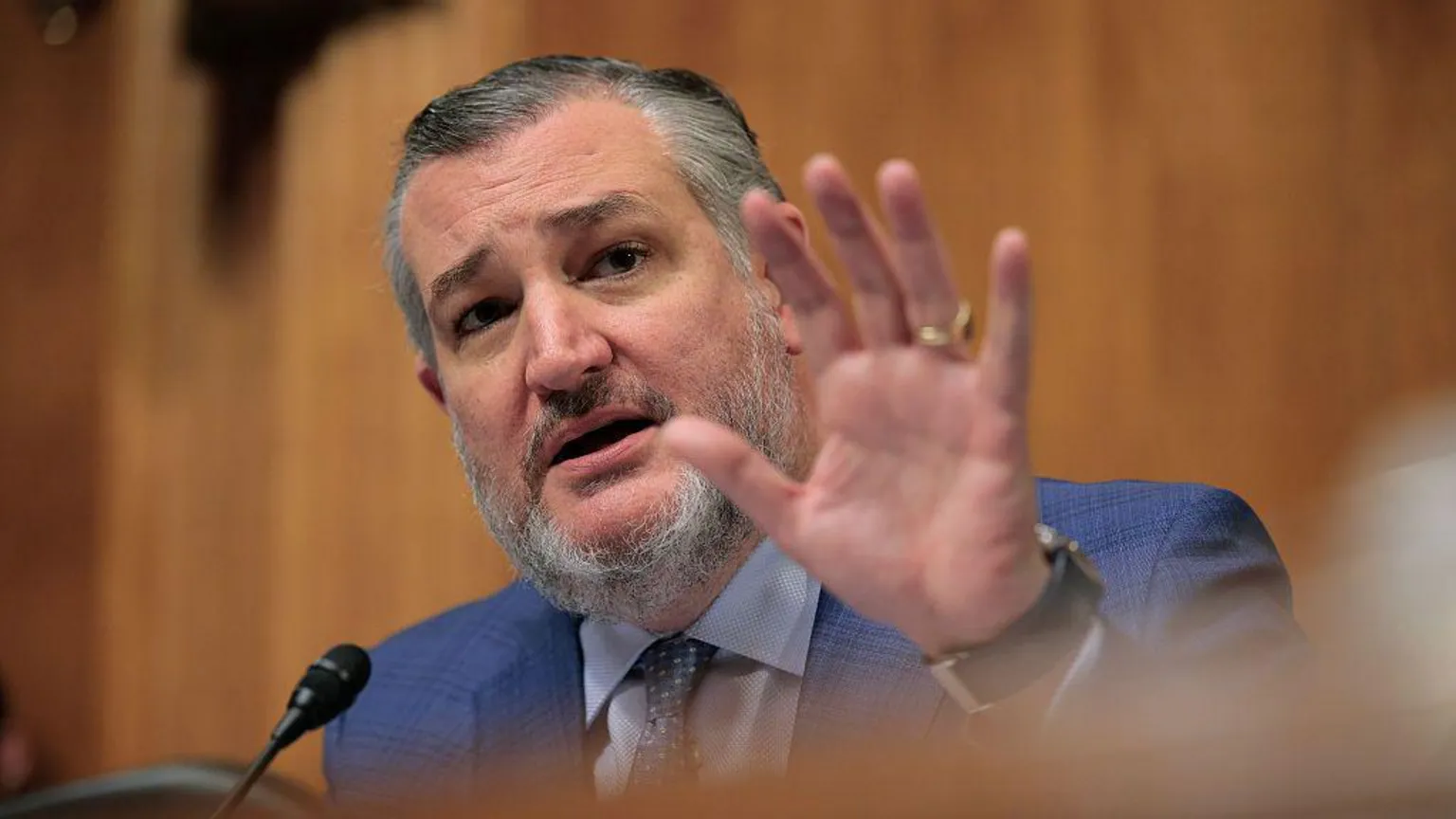
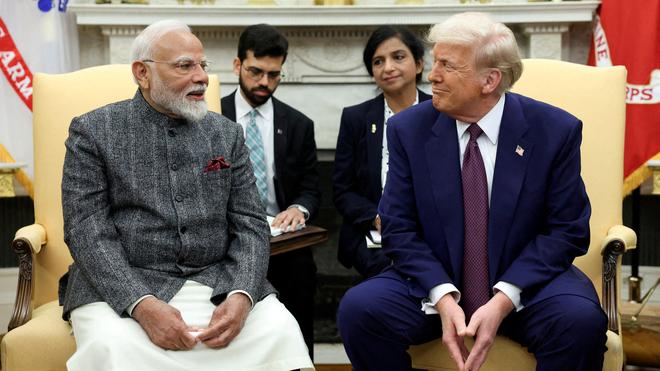

















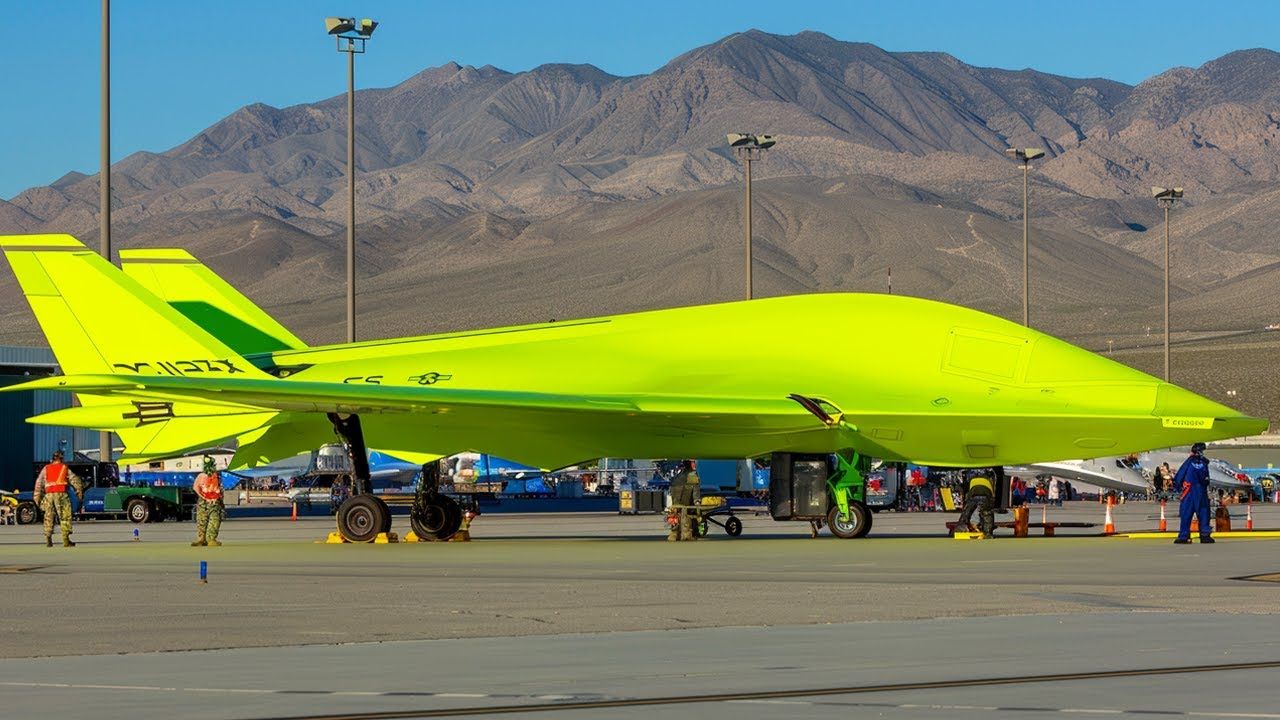



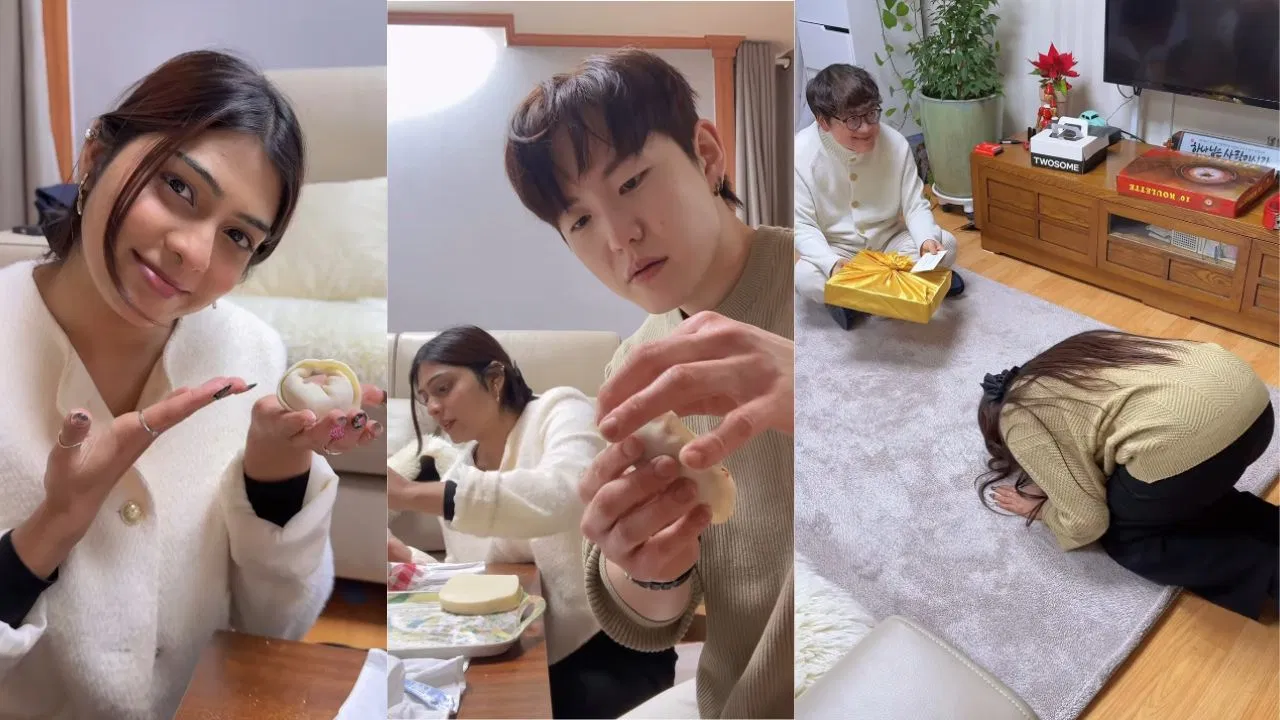

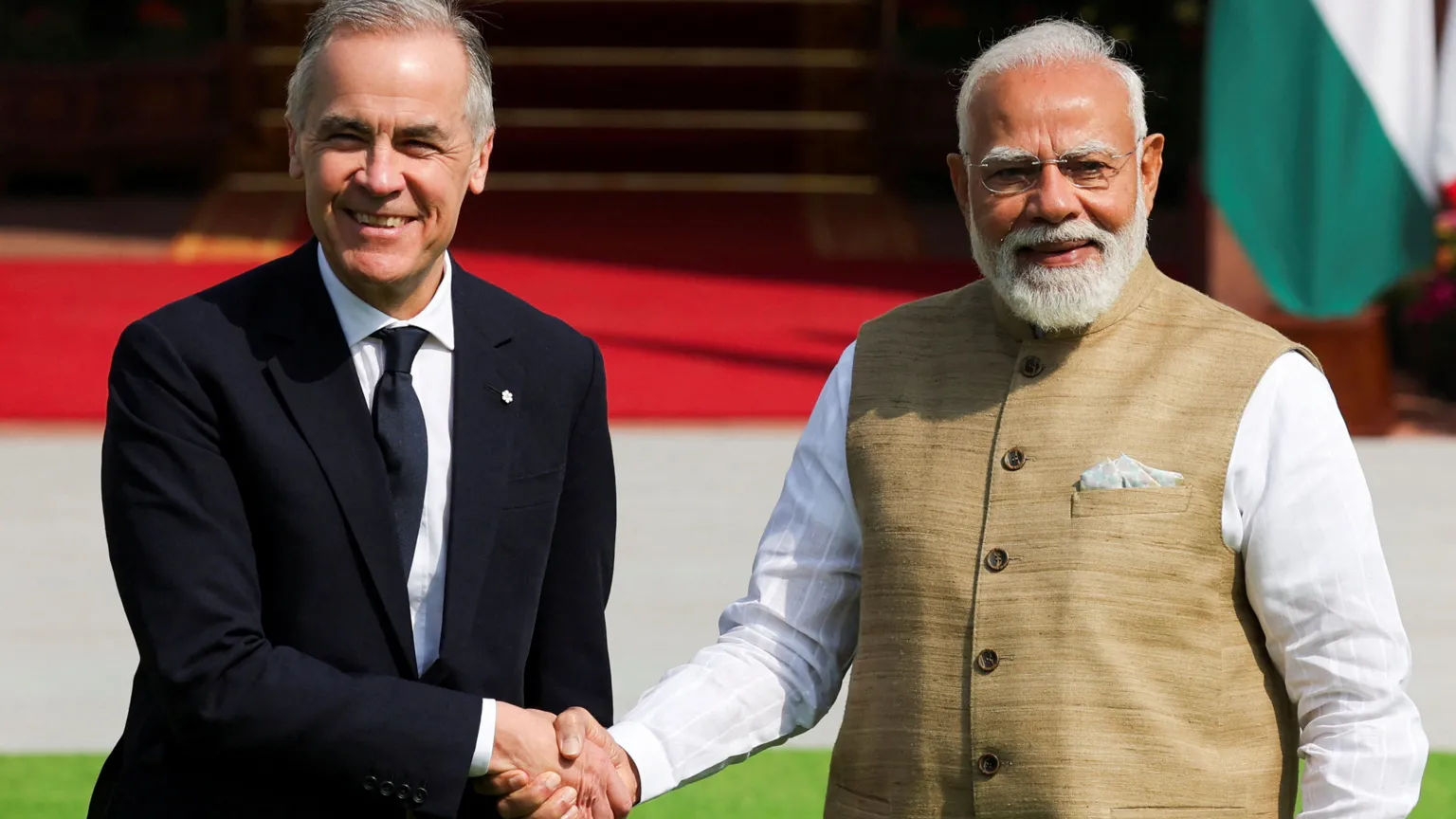

![Smoke rises after Israeli strikes in Beirut's southern suburbs, on March 2 [Mohamad Azakir/Reuters]](https://america112.com/wp-content/uploads/2026/03/hgh.webp)